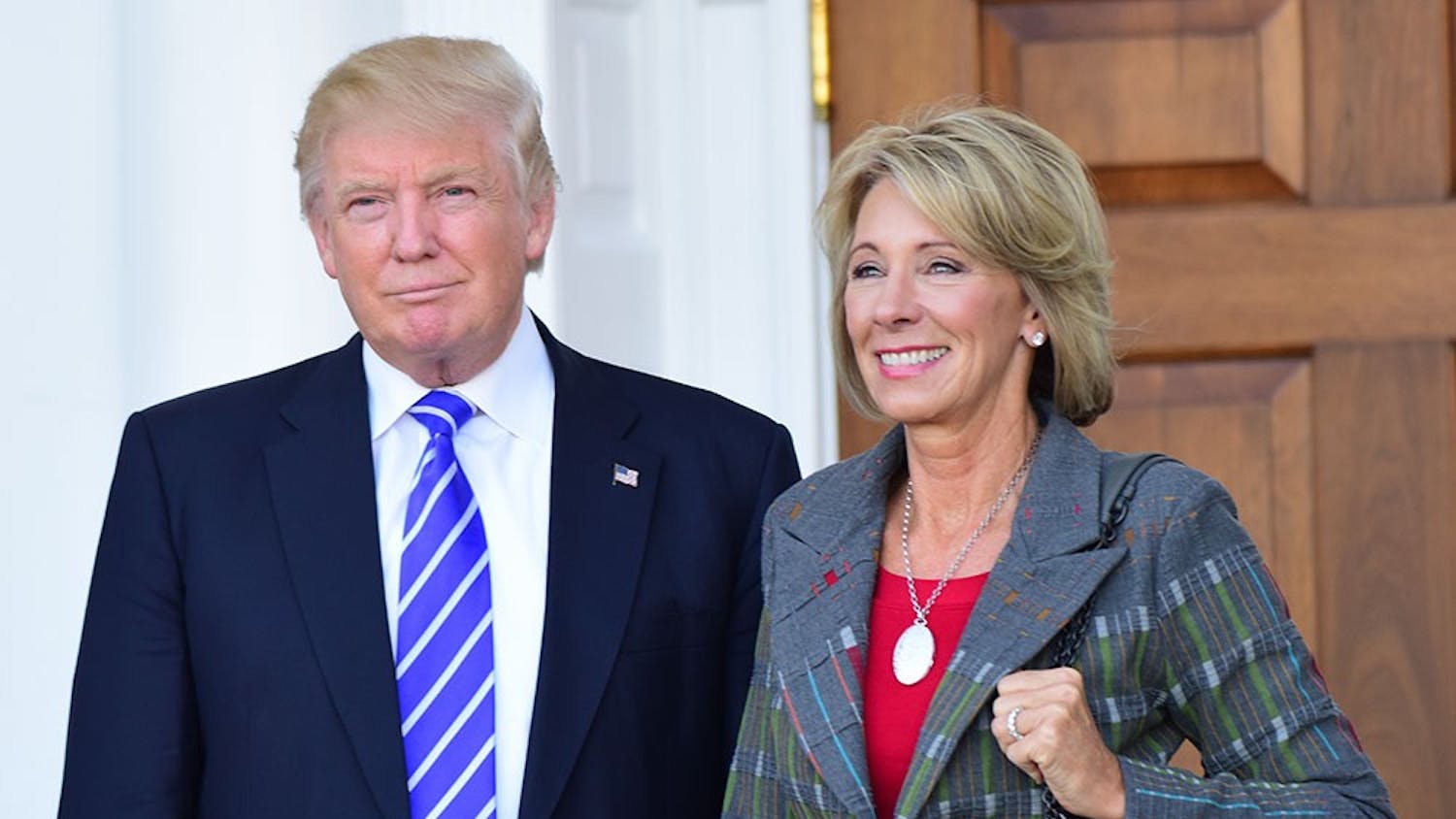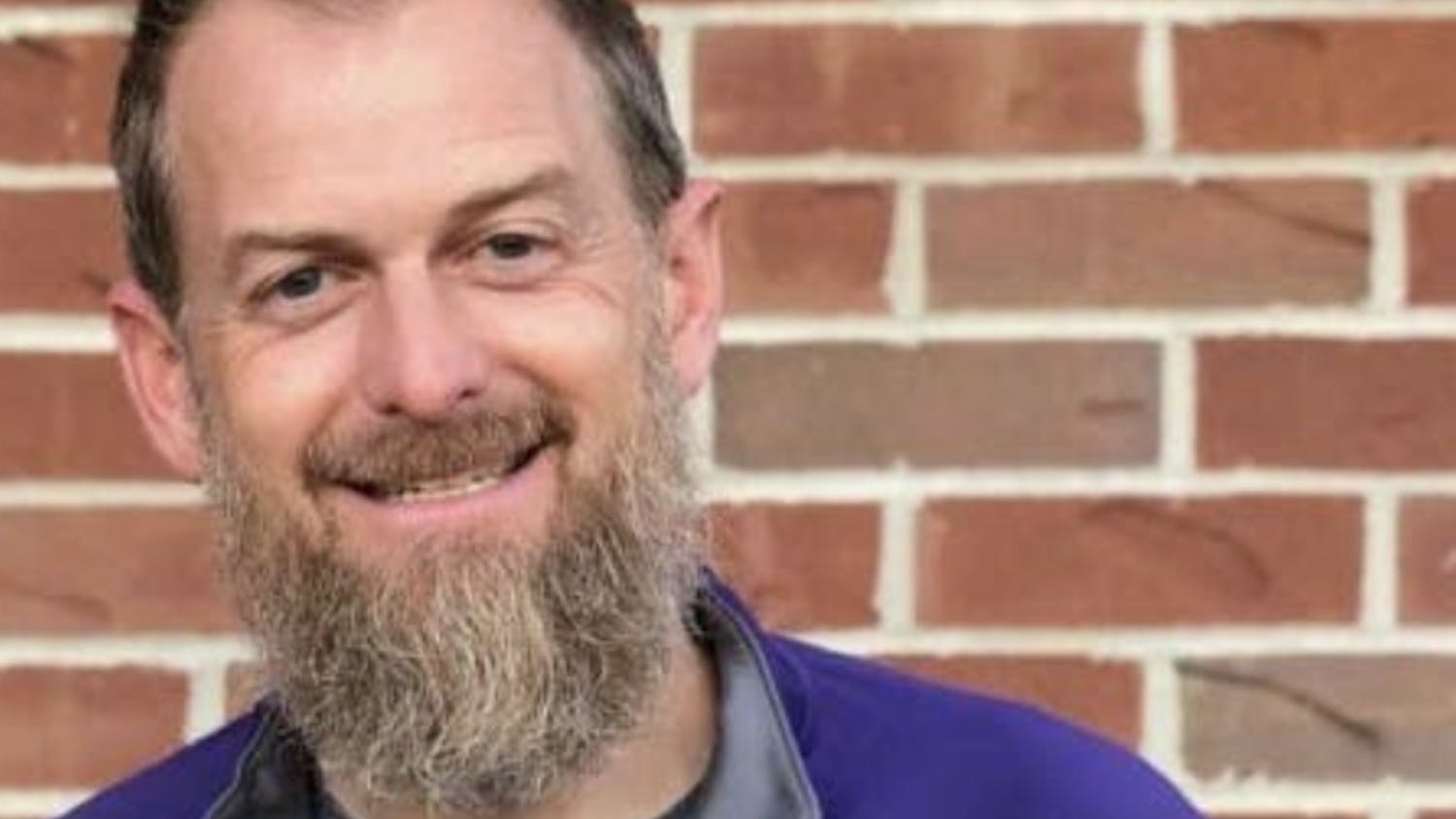This article is the conclusion to the Title IX series and includes more clarification on changes that have been made to the policy. -- Editors
The stipulations on what does or does not qualify an alleged sexual misconduct case for a formal investigation has changed under the edited Title IX policy that was enacted Aug. 14.
Due to the new regulations, any offense that occurs off-campus or outside the U.S. will not qualify for an official formal investigation as stated in the official Taylor University Policy:
“This policy applies to allegations that occur within the United States. If the allegation occurs outside of the United States, the University will seek to stop the behavior, prevent its reoccurrence and remedy the effect with an instigation and adjudication, through an alternative process.”
Through these changes, questions about off-campus apartments, parties and study abroad programs have come up.
However, Dean of Students Jesse Brown said that new Taylor policy has found a way around this and that victims of alleged sexual harassment cases occurring in these settings will still be able to file complaints under the “aternate investigation process.”
This process mirrors that of a formal investigation with the exclusion of a live Q&A session.
Brown said that if two events that included “egregious behavior” occurred the same, but the only difference is that one occurred on campus, Taylor should treat them with the same level of severity.
“There was a concern that Title IX was essentially permitting the university (to be able to say) that if it occurred off campus, we don’t have to do anything about it,” Brown said. “I don't think that's the case; not at all, at least that's not how we're approaching it. We are going to approach it the exact same way, because it still involves two of our students and activity that we would otherwise ban on campus. The only difference is geography.”
In a formal investigation, adjudicators can come to two different conclusions: insufficient evidence to convict or responsible for the allegations.
In the informal resolution, the complainant and respondent agree to a written statement detailing next steps in the process. These informal resolutions can be more creative than formal ones and accomplished in a more timely fashion.
The informal process is available to on-campus students as well, as long as the offense is not between a student and teacher. Due to the addition of the Q&A section to the formal process, Brown, along with many other experts, feel that many more students will be looking to pursue the informal route that bypasses this section.
Another amendment that the U.S Department of Education made to the policy is an addition to the “supportive measures” section.
The new policy states that the schools must provide supportive measure to every alleged victim of sexual harassment, called “ the complainants” and the person in question, called “the respondent.”
This means that both people involved must have equal access to counseling care, which hopes to preserve equal education. Even though this is a new rule at a national level, Taylor has been putting this in practice since the beginning.
Previous to this amendment, Taylor was already providing support to both parties. However, it is now more clearly outlined under the policies and procedures.
Supportive measures at Taylor may include counseling, extensions on deadlines for courses, modifications of work or class schedules, campus escort services, restriction on contact between both parties involved and a leave of absence.





